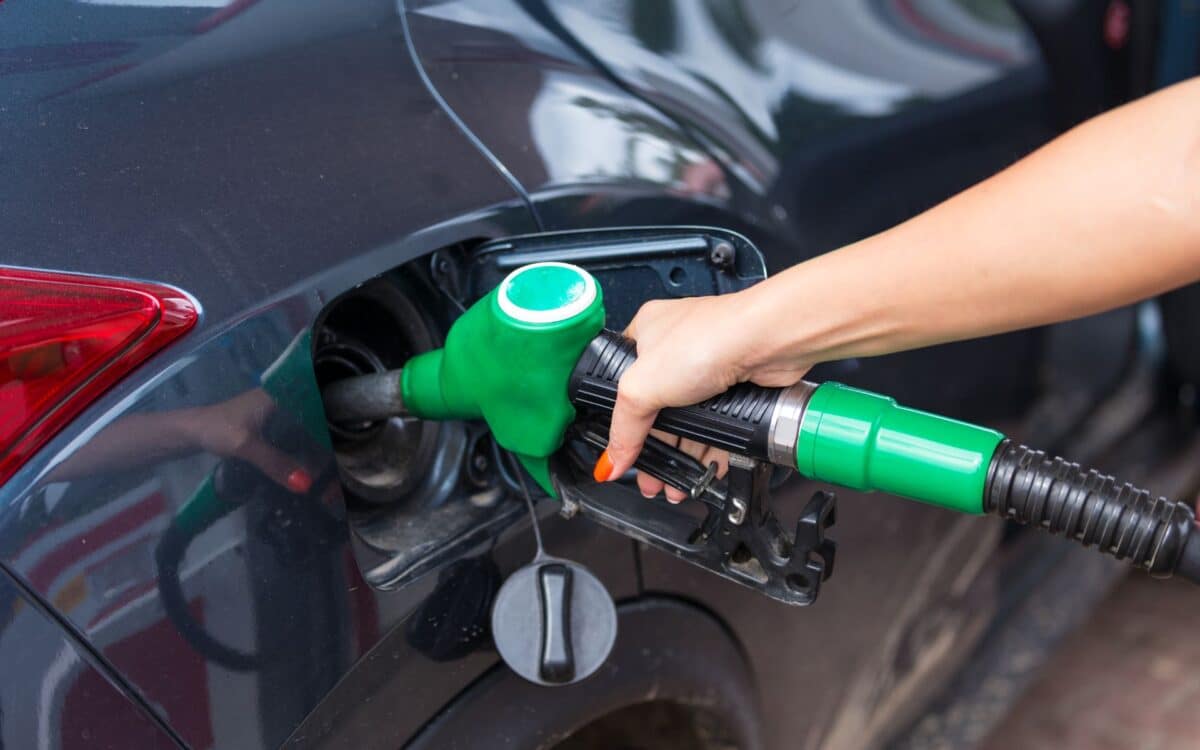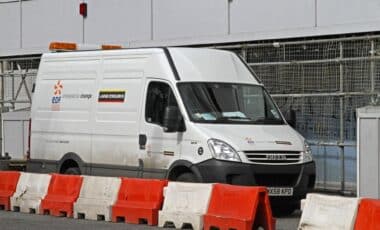The cost of running a petrol car in the UK could rise significantly if the government relaxes its Zero Emission Vehicle (ZEV) mandate, according to a recent report by the Energy and Climate Intelligence Unit (ECIU).
As highlighted by DevonLive, experts warn that a delay in the transition to electric vehicles (EVs) could disrupt the availability of affordable second-hand models, making it harder for drivers to switch.
With fewer EVs entering the used car market, petrol car owners could face an additional £1,600 in annual costs, primarily due to higher fuel and maintenance expenses. This potential increase comes at a time when the UK is seeing rapid EV adoption, but the direction of future policies remains uncertain.
Impact of a Weakened Zev Mandate on Car Prices
The ZEV mandate, introduced to accelerate the adoption of electric vehicles, requires car manufacturers to ensure that a certain percentage of their sales come from zero-emission vehicles.
In 2024, manufacturers are required to ensure that 22% of new cars and 10% of new vans sold are electric. This figure will increase to 28% for cars and 16% for vans in 2025, before rising to 80% for cars and 70% for vans by 2030.
Car manufacturers who fail to meet these targets will face significant fines of £15,000 per polluting vehicle sold beyond the allowed limit. According to the ECIU, a two-year delay in the ZEV mandate would lead to a shortfall of 2.7 million second-hand EVs by 2034.
Given that 80% of car sales in the UK take place on the second-hand market, a lack of used EVs could make the transition to electric driving far more expensive for many motorists.
Cost Implications for Petrol Car Owners
If the transition to electric vehicles slows down, petrol car owners will likely face increasing fuel and maintenance costs, with an estimated £1,600 annual premium compared to those driving an EV.
The ECIU report suggests that a weaker ZEV mandate would increase demand for used petrol cars, which could, in turn, push their prices higher.
Colin Walker, head of transport at the ECIU, warned that this could significantly impact households trying to reduce their driving costs.
“Families seeking to lower their driving bills by getting their hands on a cheap-to-run second-hand EV could be left stuck paying a £1,600 a year petrol premium simply because there aren’t enough electric cars to go round.”
He also emphasised the importance of maintaining the mandate, stating :
“The ZEV mandate, introduced by the last government and continued by the current one, has been incredibly successful at driving competition up and prices down, leading to hundreds of thousands of new EVs on UK roads. The UK is Europe’s largest EV market, beating the likes of Germany at making the shift to cheaper and cleaner electric driving.”
Some sectors of the car industry have been pushing to slow down the ZEV mandate. However, Walker cautioned that such a move could have serious economic consequences.
“Parts of the car industry are pushing to slow the ZEV mandate, but doing so could not only leave millions of families worse off, but stall investment in charging infrastructure and cost the UK hundreds of thousands of jobs as we fall behind in the global race to build a car industry fit for an electric future.”
The Role of Competition and Government Policies
The UK has now overtaken Germany and Norway to become Europe’s largest EV market, with EV sales increasing by more than 21% in 2024.
The number of public EV charging stations has also grown significantly, with nearly 75,000 chargers now available, including almost 20,000 new installations in 2024 alone.
The steady increase in EV adoption has largely been driven by competition among car manufacturers. A strong ZEV mandate has encouraged companies to offer more affordable EV options, but a weakening of the policy could reduce competition and slow price reductions.
The UK government is currently reviewing feedback from industry stakeholders on potential changes to the ZEV mandate.
Some proposals include allowing more flexibility for manufacturers who fail to meet targets or reducing financial penalties for non-compliance. Transport Secretary Heidi Alexander has confirmed that the Department for Transport (DfT) is assessing the situation and will issue a response soon.









